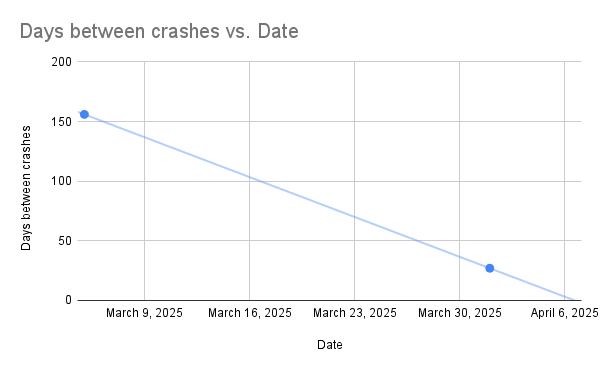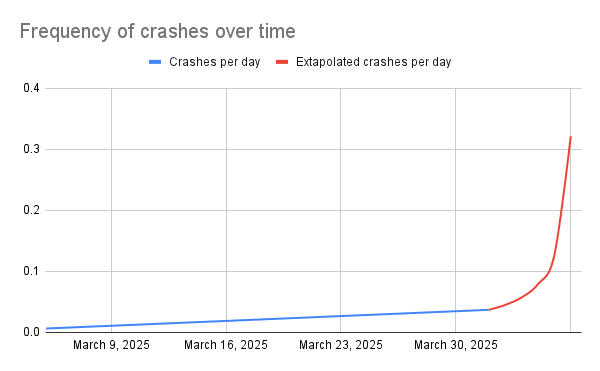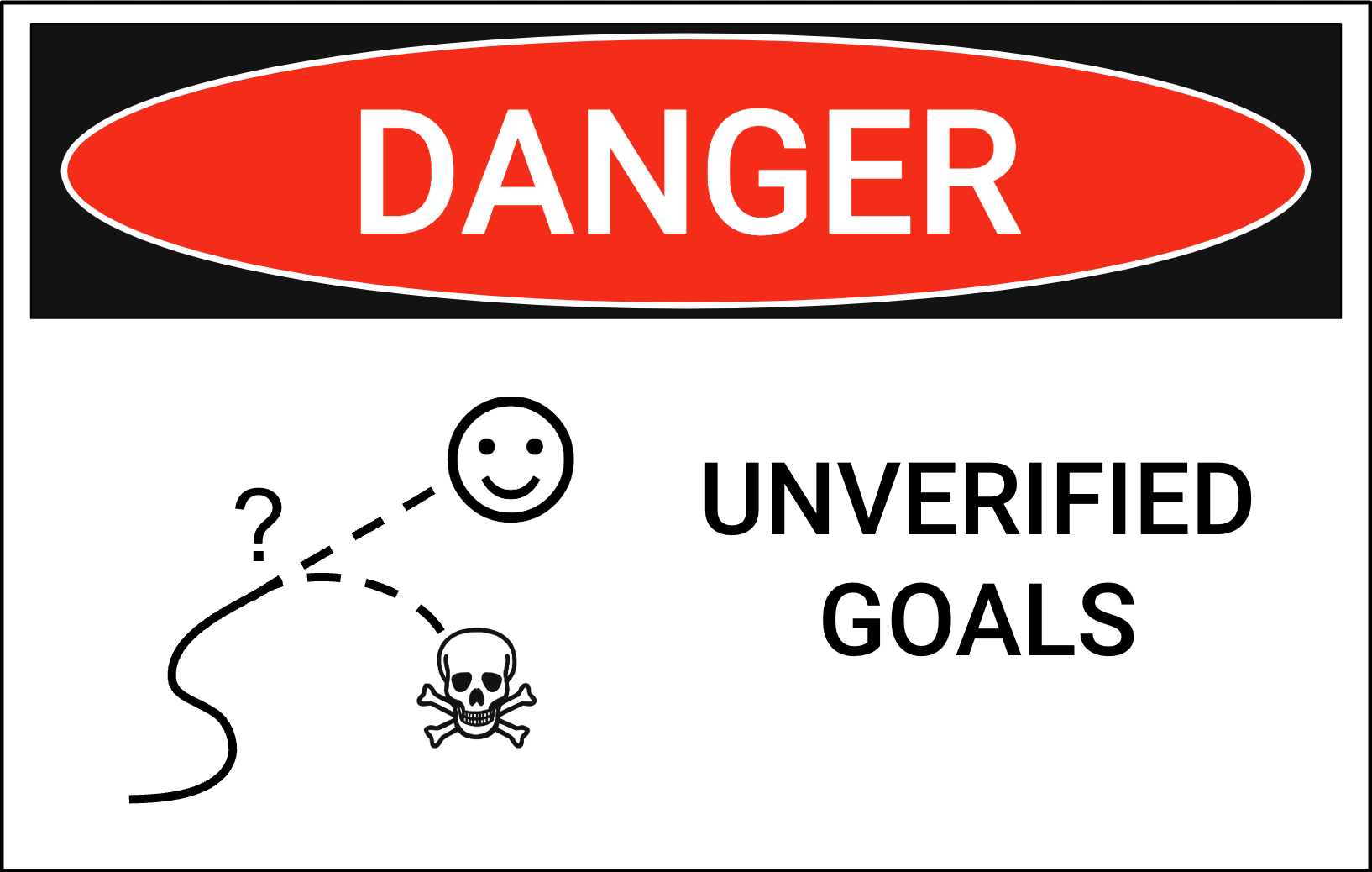Why indoor lighting is hard to get right and how to fix it
The days are getting shorter in the northern hemisphere, and with the ongoing pandemic, most of us expect to be spending more time in our homes than normal. Creating a healthy home environment is more important than usual, and the light inside your home is an often underappreciated part of this. There has already been some explicit discussion[1] about the importance of lighting for health and productivity, as well as many mentions of it in other places. Nonetheless, based on discussions I've had recently within the community, I get the impression that it is helpful for me to write up the results and tinkering that have done over the past few years. First, I will cover some of the research on how our bodies respond to light, and which particular characteristics of natural light we want to mimic. Then I will explain solving this problem is hard and my overall strategy for solving it. Finally, I will give some specific advice on what to buy and how to arrange things. I give quite a lot of background before offering any specific advice. Although I think the background information might help you make good decisions, you should feel free to skip the next section if you're in a hurry or if it seems uninteresting. Background Note: My background is in optics, not physiology or psychology and I began researching and writing this document almost four years ago. My original draft, as well as many of my sources, have been lost in the intervening years, so what you're seeing here is based on a combination of my notes that survived, my recollection of the research, and a partial duplication of the research. To make matters worse, it does seem that new research has come along since I began this project, so this is likely out of date. My guess is that most or all of the practical conclusions still stand, but I am only moderately confident of this. As much as I would like to take the time to update the research, past experience suggests that I will never actually publish it if I




If growth is fast until the last 7 doublings, then things are fast until you get to ~1% of your final output. That's still a ton of power, at least by our current standards. My guess is you don't bother doing a dyson swarm until you've built a lot of infrastructure in more convenient places (e.g. somewhere closer to Earth's orbit around the sun). But I dunno, it really depends on what the technology is like and how bottlenecked on energy you are.
Breaking apart Mercury is an interesting idea. Maybe there's a way to, for example, shoot jets of molten material out, so that they'll drift in a convenient direction and cool... (read more)